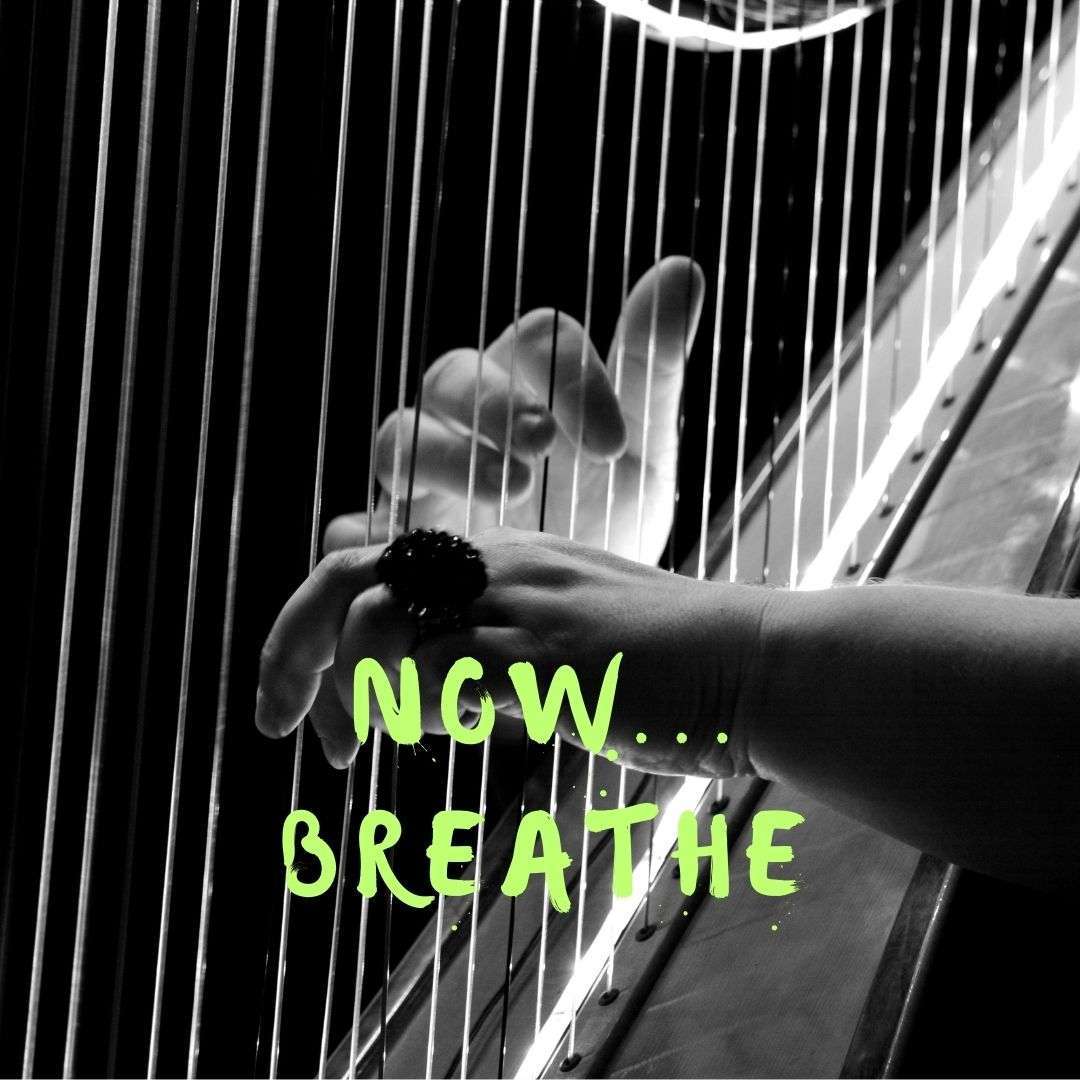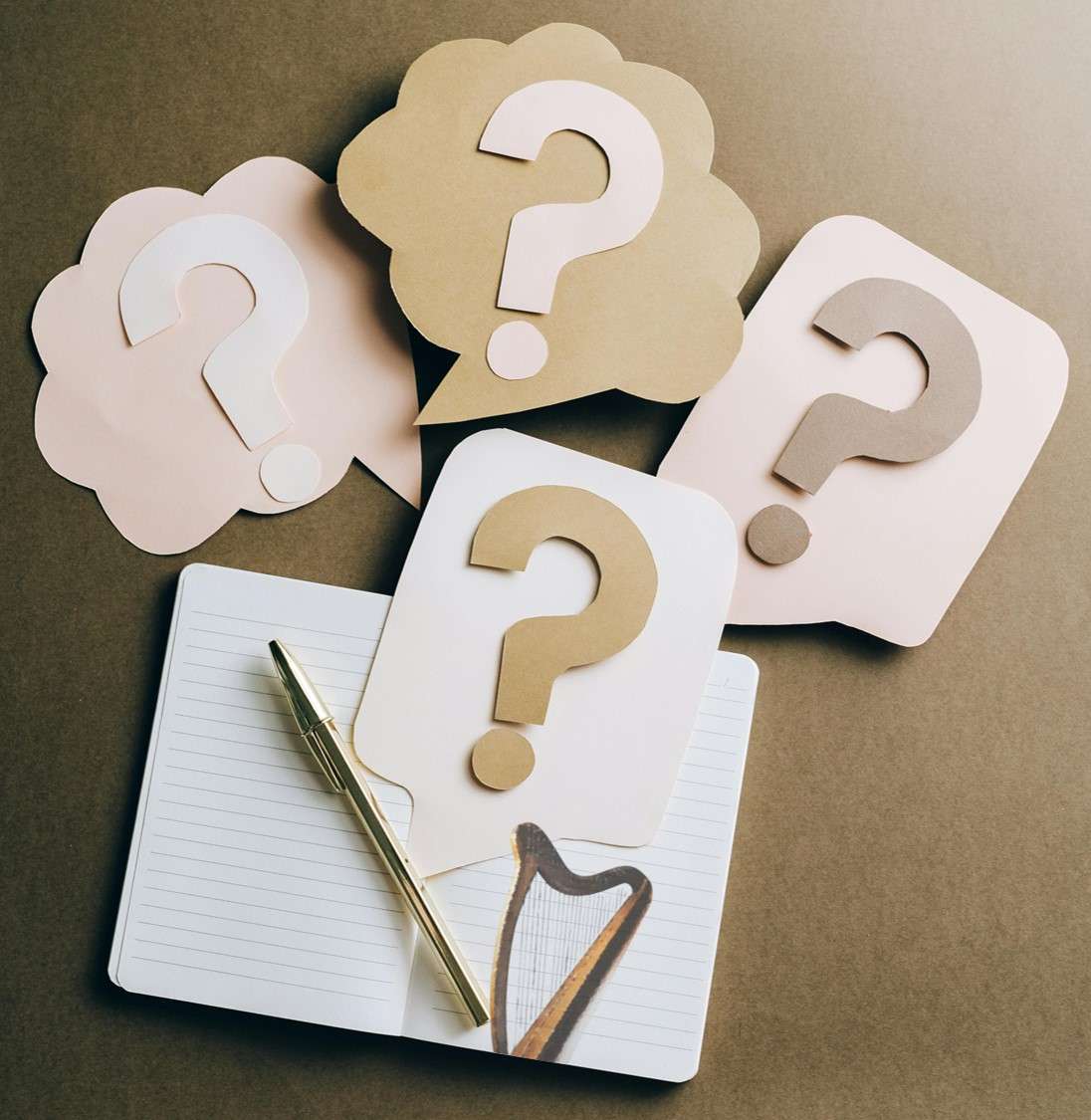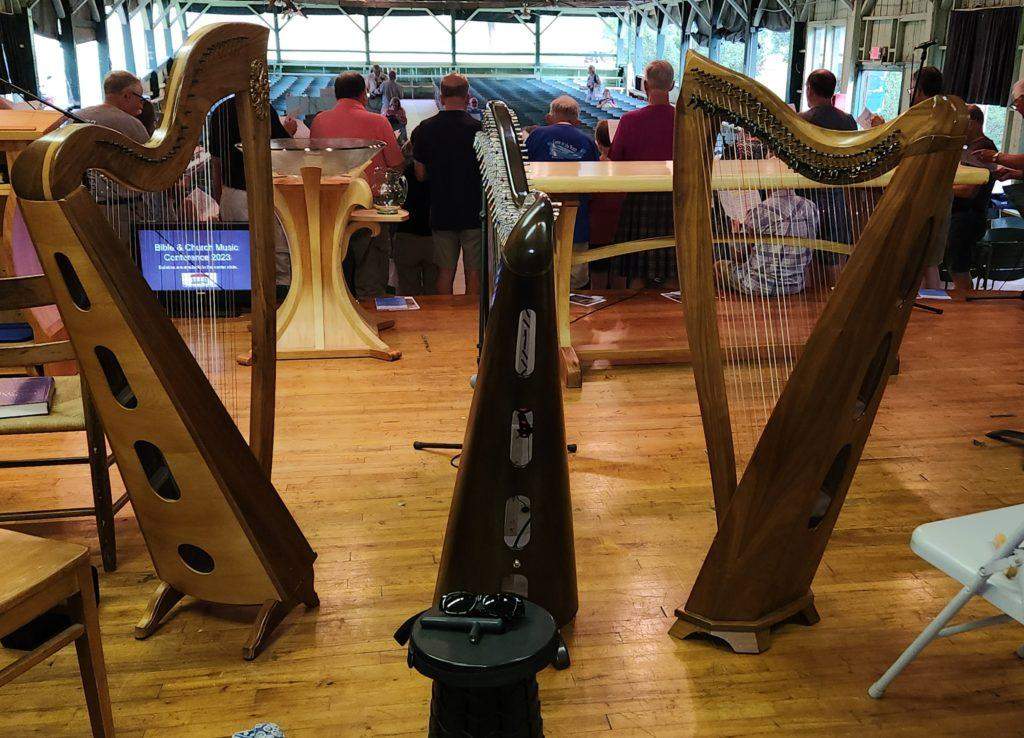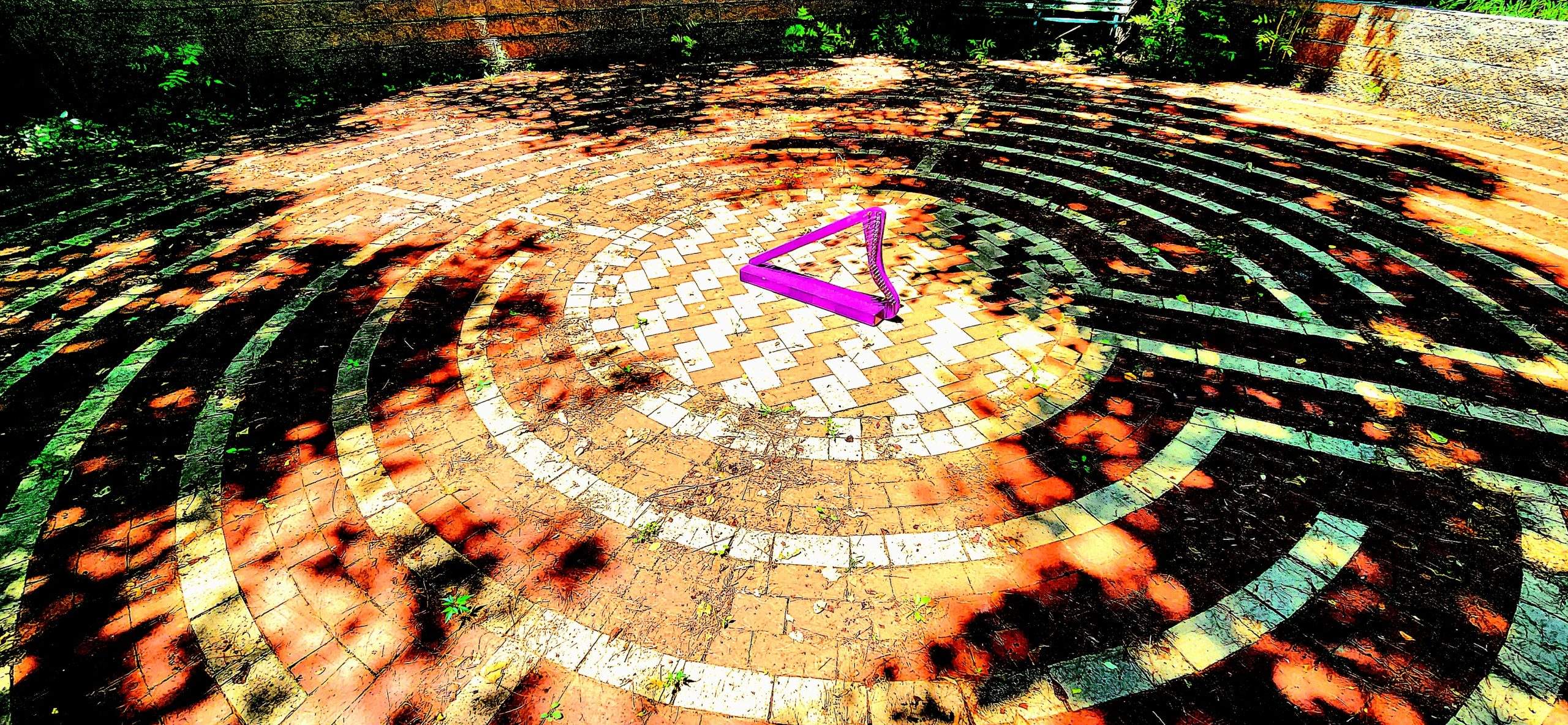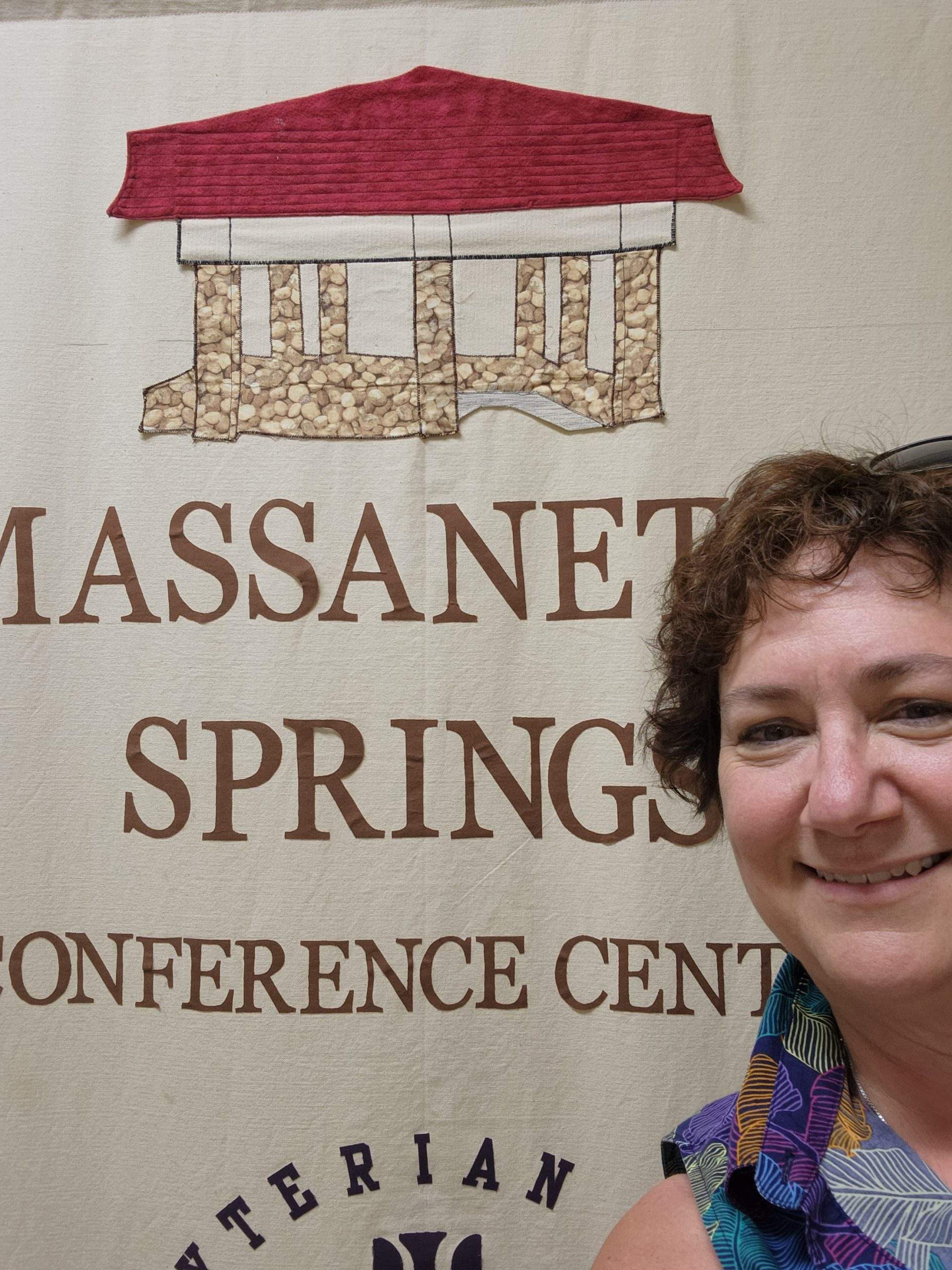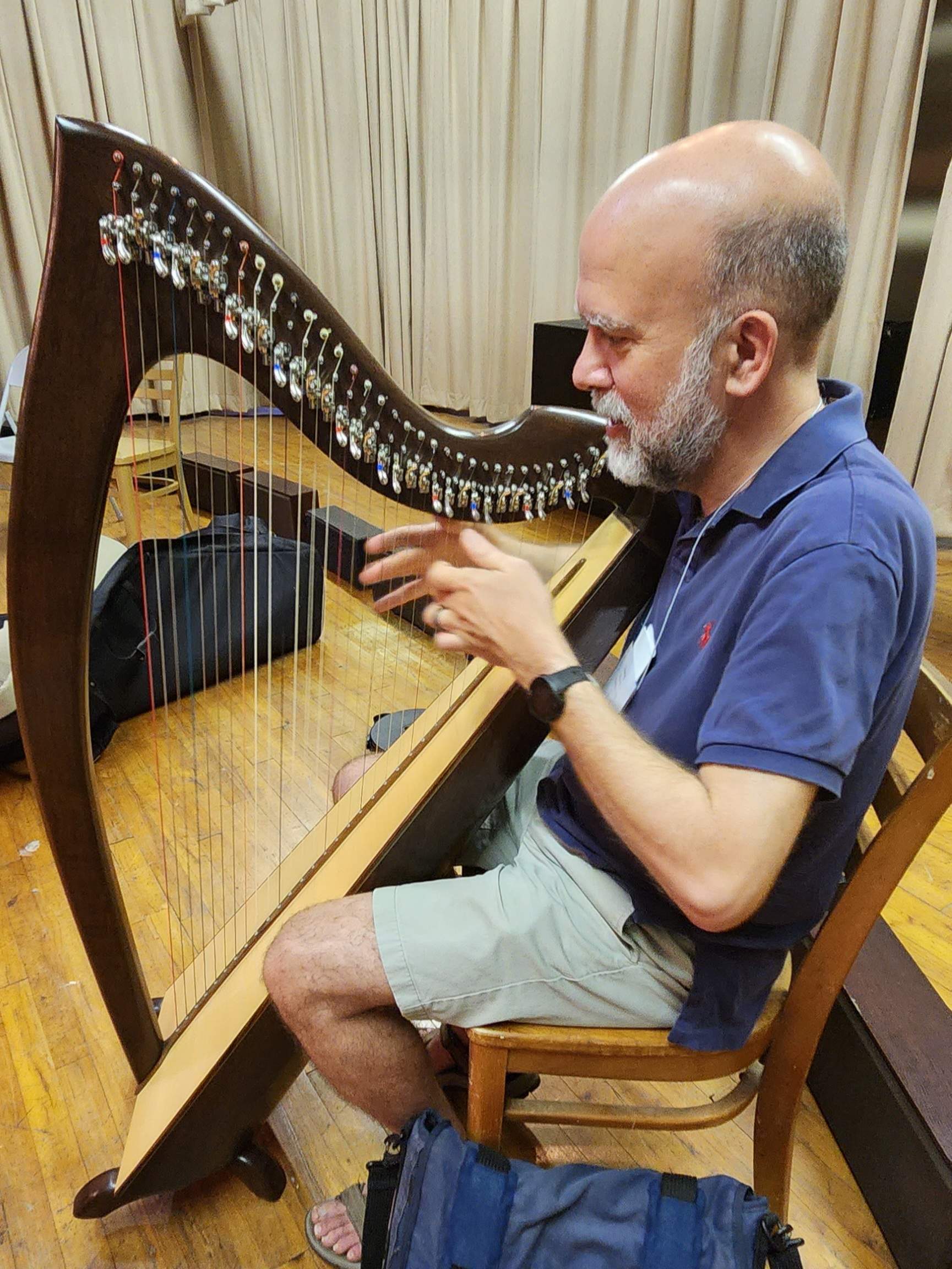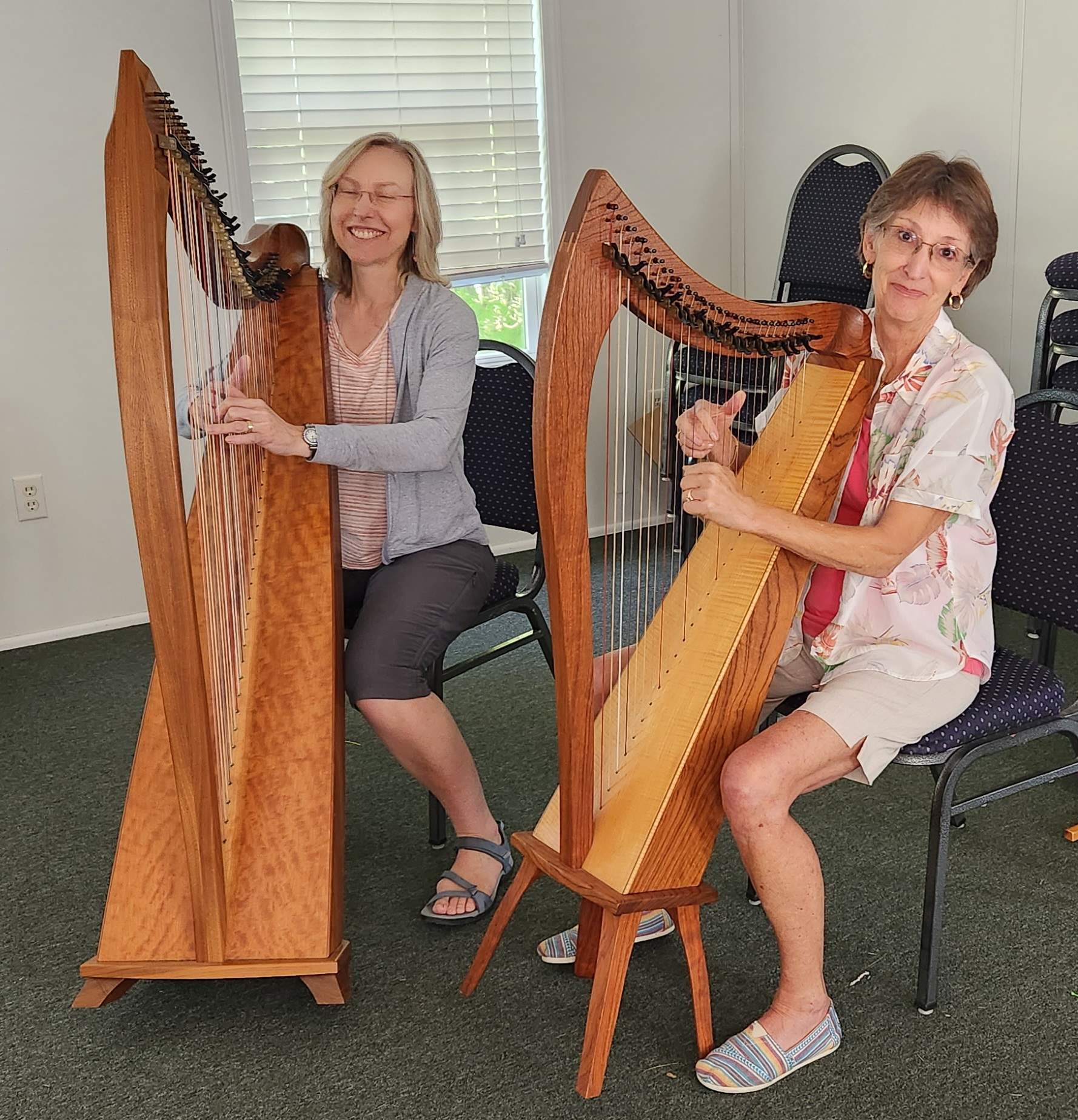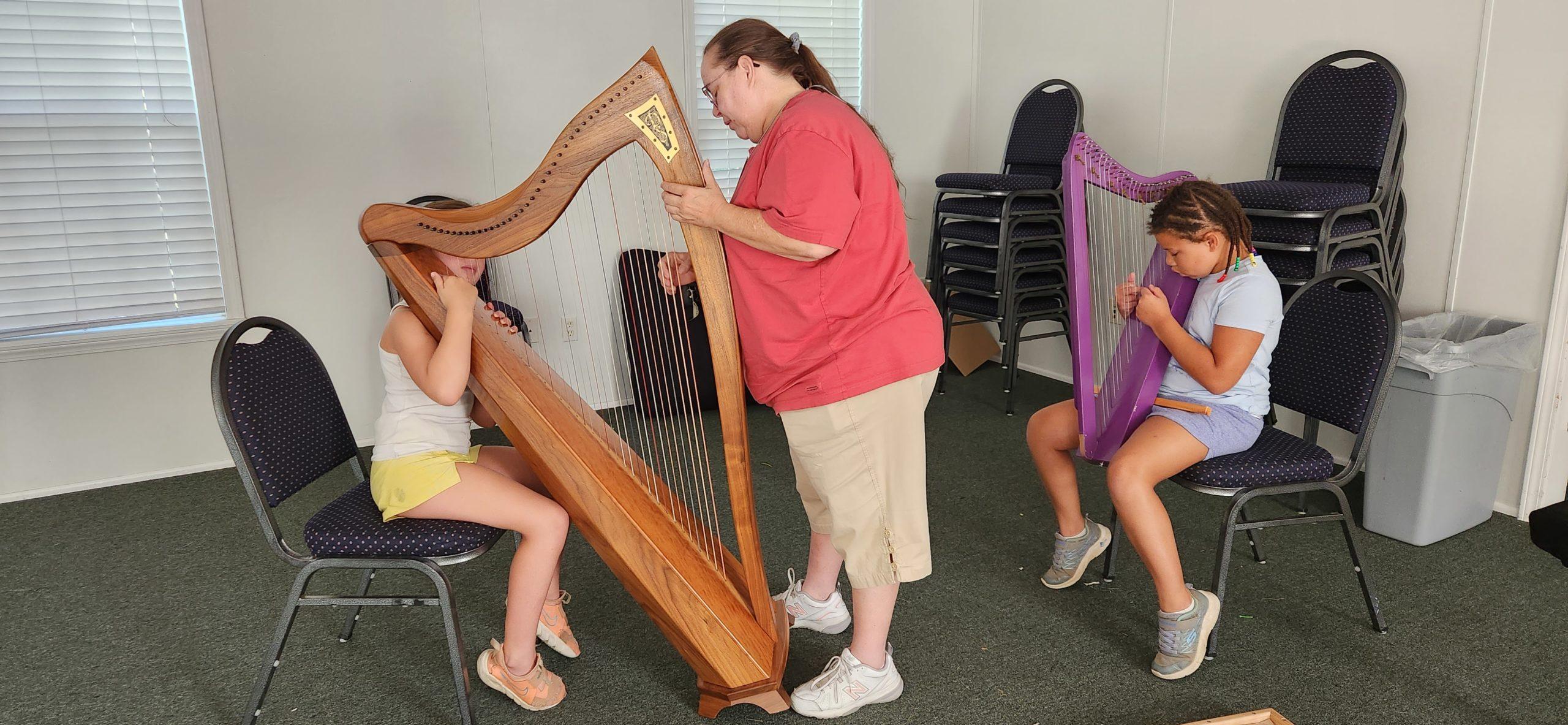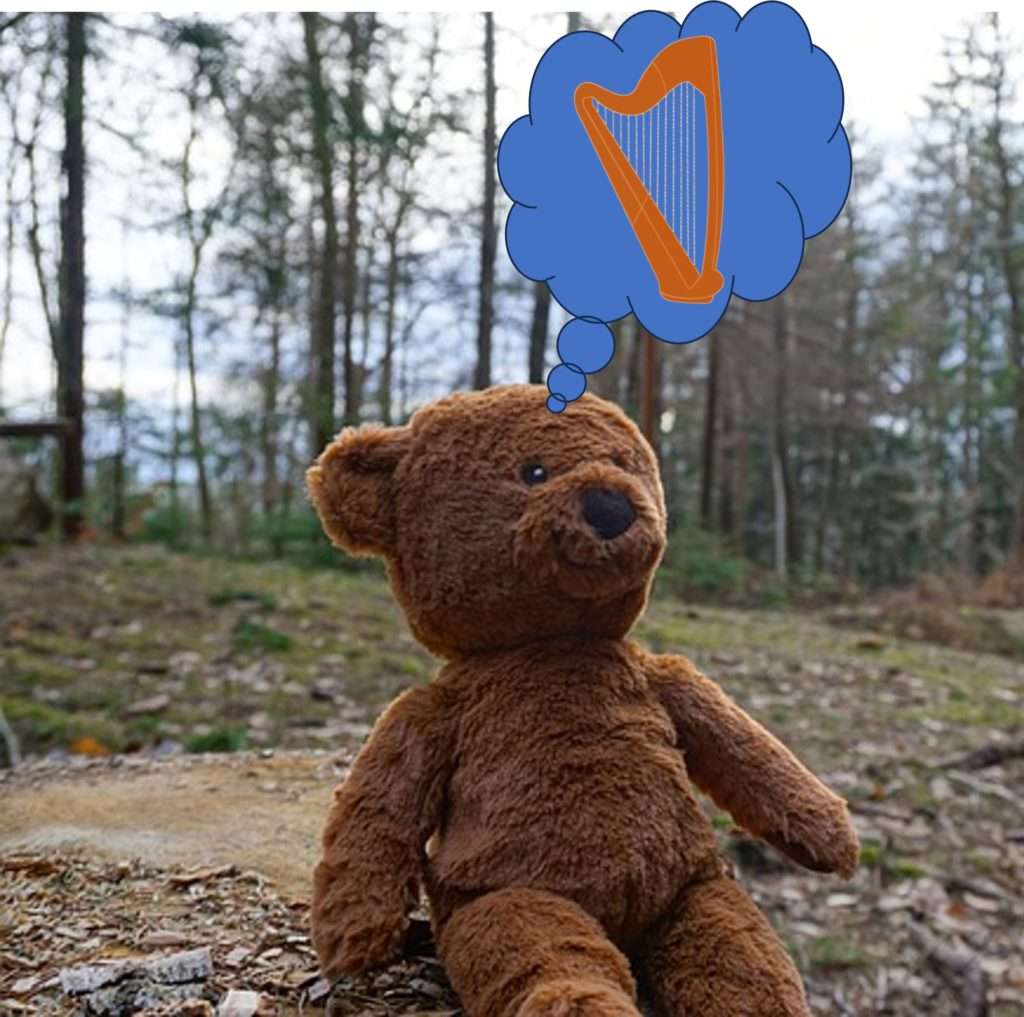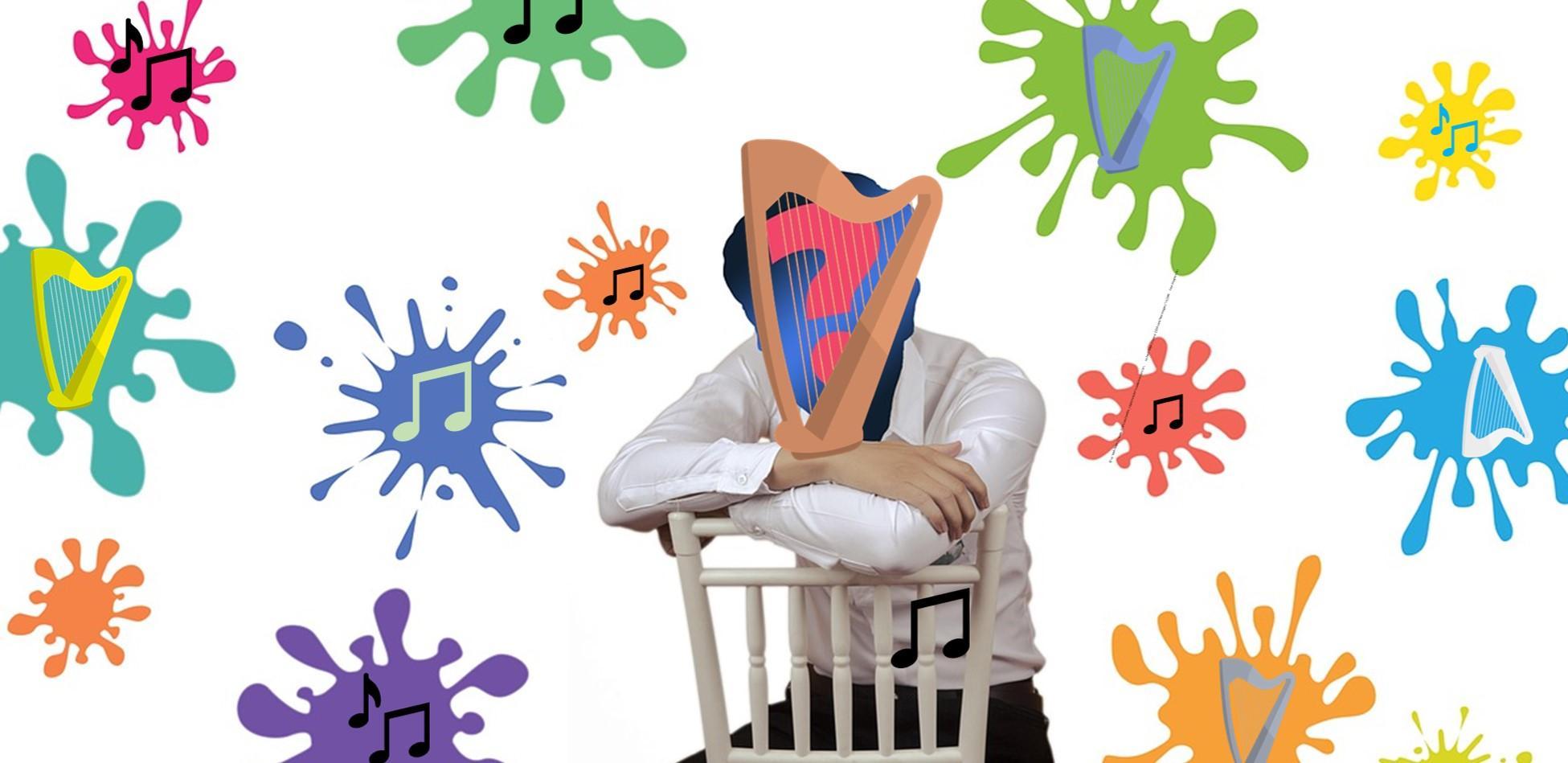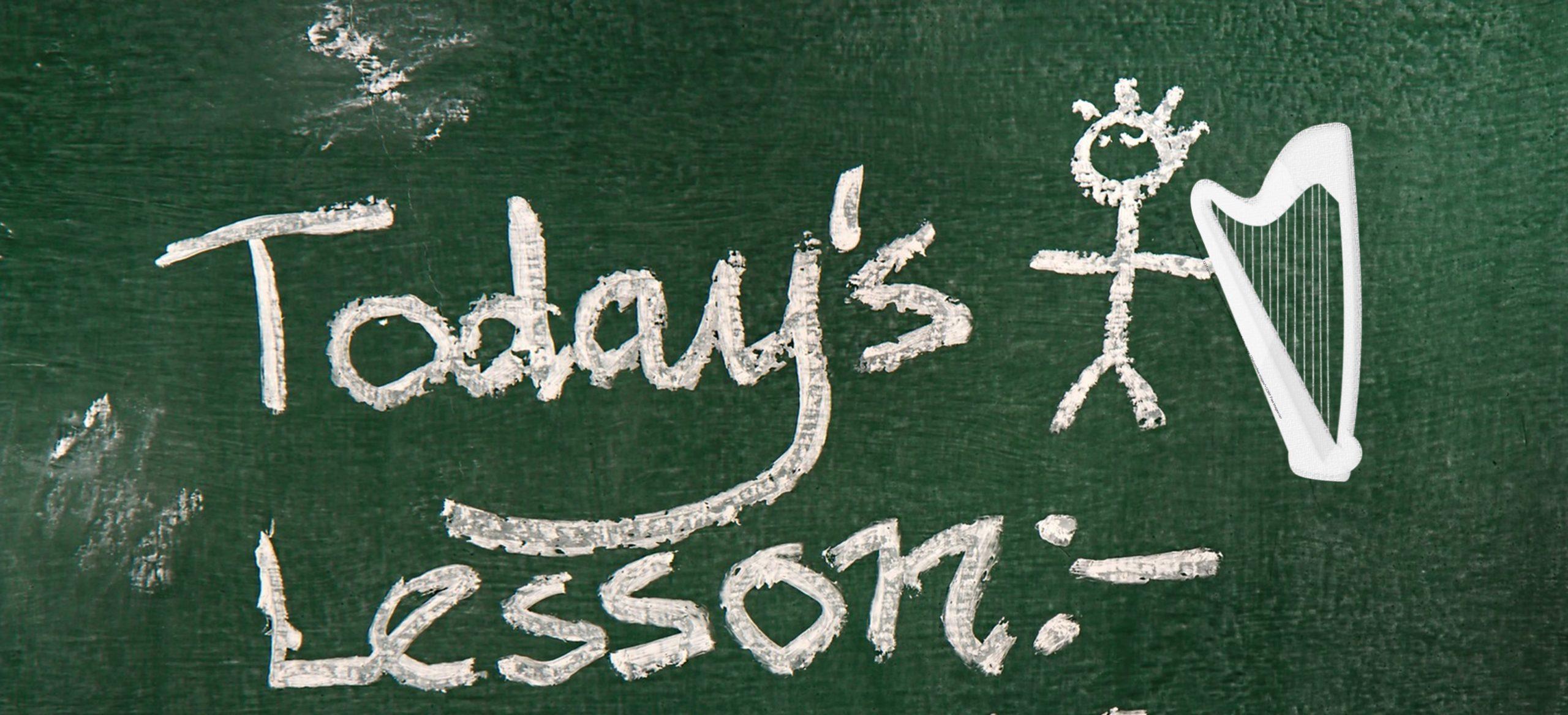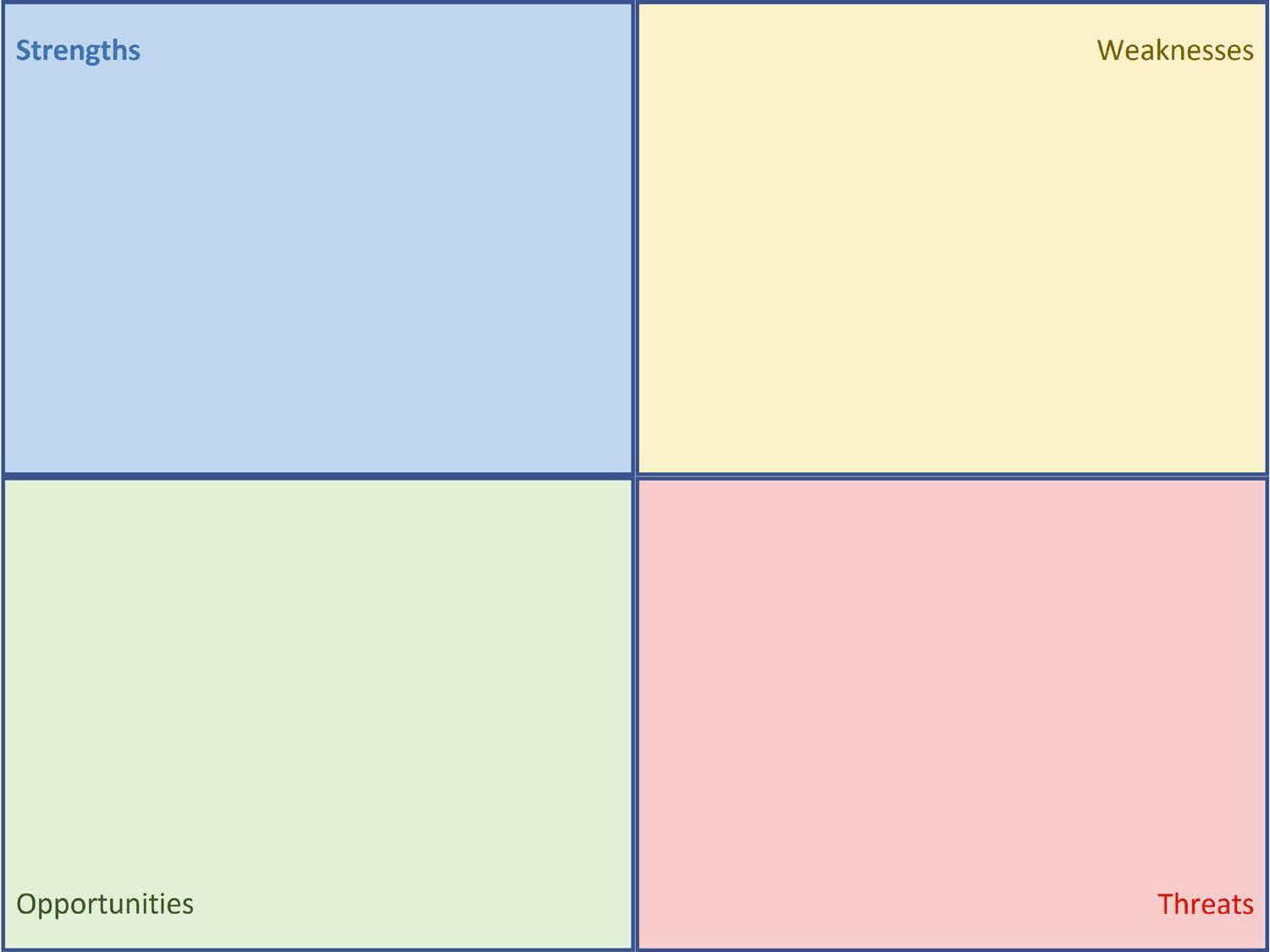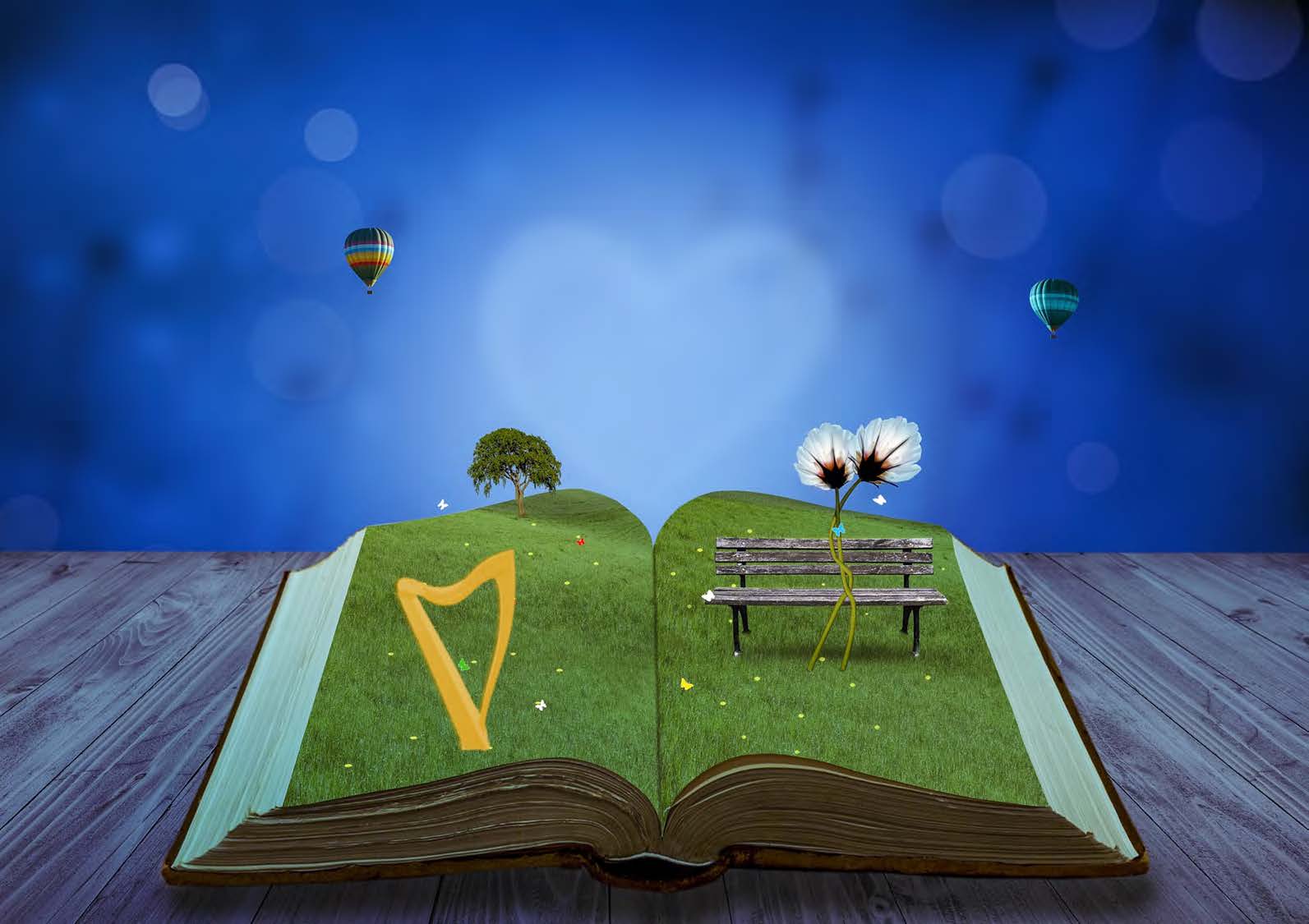Ouch!
We all like getting praise. It’s fun and comfortable, and it’s nice to get a pat on the back from a hand that isn’t attached to our own arm! As tasty as praise is though, we learn so much more from feedback. Critique. Criticism. On the other hand, it’s not always easy to get feedback! Sometimes – just ouch!

But criticism does contain a bunch of things to be learned. So how do you take in and use criticism and use it to grow your playing? Here are some things you can do:
First breathe – remember that it’s criticism, not an eye-wateringly awful attack. Then you’ll be ready to…
Determine if you think the input is valuable. Criticism from a knowledgeable person who shares the evaluation for your benefit (that was a long winded way to say they’re not overtly trying to wound you) can yield valuable nuggets (even if it hurts). If you doubt it (or disagree), get a second opinion, and if they don’t jibe, ditch it!* And, if the comment is from some nitwit off the street? Really? Give it the weight it deserves and chuck it out!
Look at why the comment stung. If it’s because you kinda already knew it, you just didn’t want to admit it – learn. If it is picking a scab, thresh through it to find the useful bits. And remember that you can elect to ignore it.
Make sure you heard what is said…not what you think was said. Be clear about the message before you form an opinion of it. Focus on the comment. Breathe and don’t let your inner thoughts run away from you. We can all learn and improve. Reframe the input if you don’t like the words (when the message is solid).
Once you know what was said, focus on what you can learn. What changes can you make? Ask questions if you don’t see a way forward. A good provider of useful feedback will answer the questions. If you feel stung by the words, take a moment to breathe before you ask a question. Keep your ego in check! Don’t let your fears cloud out what you can learn. We can all improve…yes, even you!
Be kind to yourself – feedback does help you grow…when you can use it. Using it is not possible if you are beating yourself up.
Finally, know that sometimes when someone stings you with criticism, it’s more about them than it is about you. But it is up to you to find the useful stuff, form it into something you can use (or at least learn from), and grow.
Have you ever gotten “ouchy” feedback? How did you use it to improve (or what did you learn)? Have you ever found yourself giving cringy critique? How would you improve it (if you could do it again)? Let me know in the comments!
*Of course, I don’t mean only seeking praise! The second opinion may put a finer point on the critique, clarify it, or refute it.

